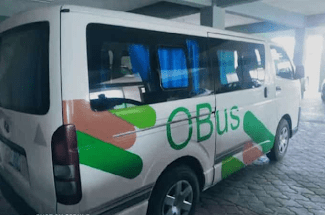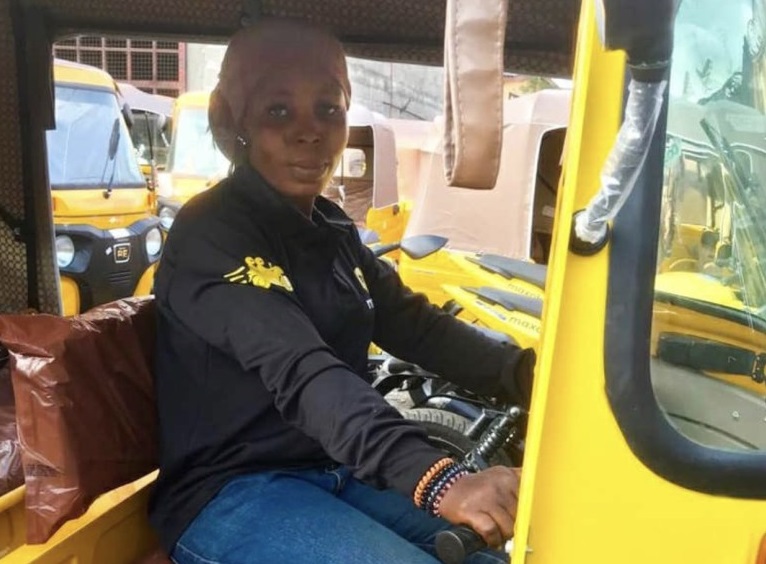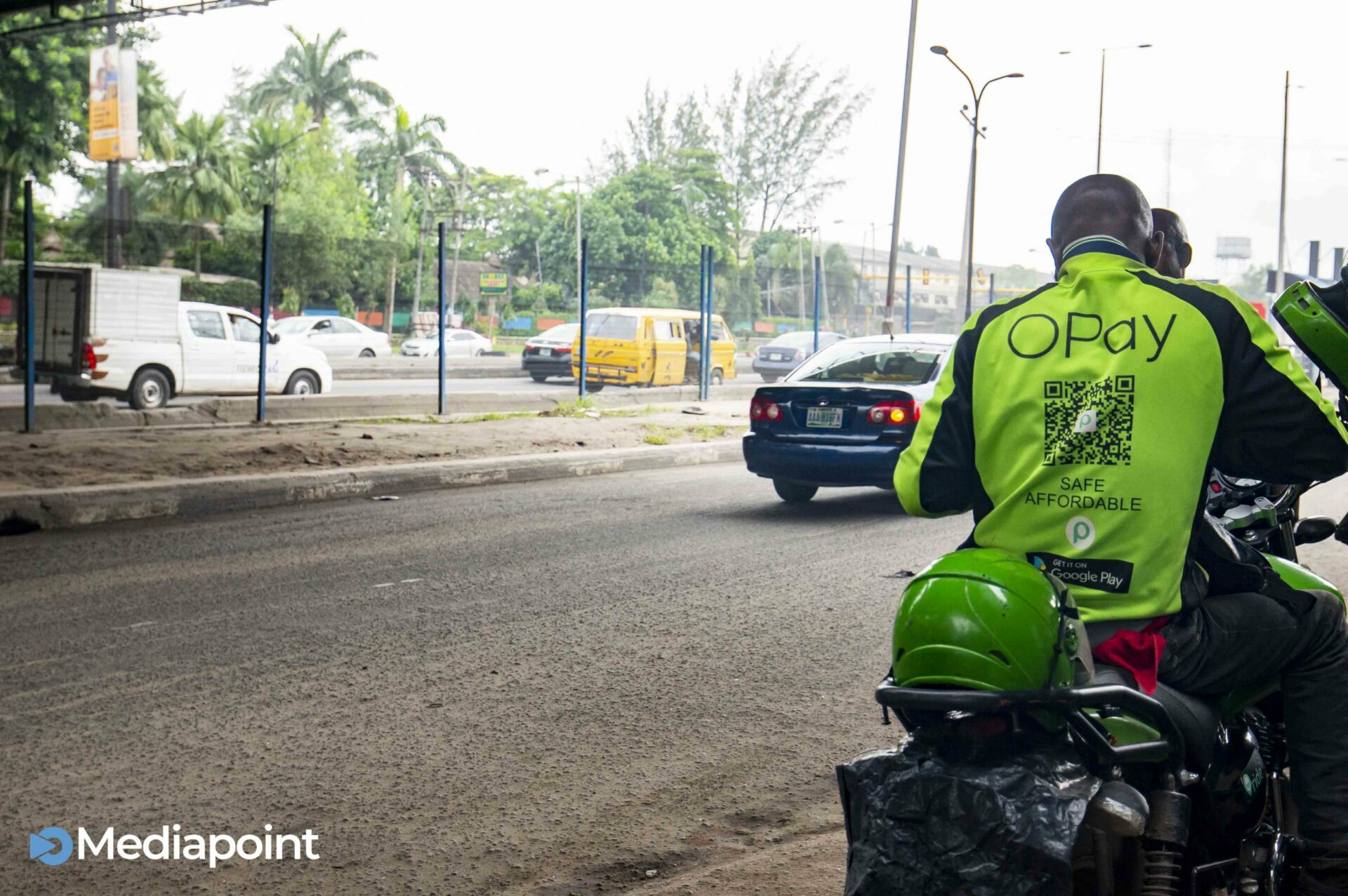ICYMI; The Story to Date
Towards the end of June 2019, lemon green helmets bobbed atop 200cc motorcycles swerving through traffic in Nigeria’s economic capital, Lagos State.
Even though this spectacle is not exactly new as motorcycle-on-demand companies have become quite popular in the metropolis, the new colours signalled the presence of a new player in town.

On the 1st of July, ORide was officially announced and came to join existing contenders MAX Okada and Gokada. Payments company, OPay, founded the motorcycle-on-demand platform, and both are under parent company Opera Software AS.
Suggested Read: ORide launches in Nigeria, offers amazing prices
ORides swept into the market bullishly with an aggressive customer acquisition strategy.
As long as riders used OPay, they were allowed to pay a ₦100 ($0.27) flat rate for trips costing less than ₦2000 ($5.5). This amount later increased to ₦200 ($0.55).
At some point, it became clear that ORide was not just playing in the motorcycle-hailing space, as it seemed.
Suggested Read: ORide is a Trojan Horse; Opera is not just after the motorcycle-hailing market in Lagos
However, mobility was not the only tool in its arsenal.
In June, OPay raised ₦18 billion ($50 million), which is now being used to bulldoze its way through barriers and get users on its platform by any means.
In the last month, ORide launched in Kano, Oyo, and Abia States as tricycles while OBus launched in Lagos State.
 Since June, students in higher institutions have been able to buy meals for less than one-tenth of their original prices because they paid with OPay.
Since June, students in higher institutions have been able to buy meals for less than one-tenth of their original prices because they paid with OPay.
A look at these strategies and offerings on the OPay app shows that it is gearing up to be the ultimate super app, the WeChat of Nigeria, and potentially, Africa.
WeChat is the Chinese company famous for a platform where users can chat, pay, and do all basic (and even complex) internet transactions in one place.
Apart from ORide and payments, the OPay app has OBus, OWealth, OKash, OFood, and physical agents scattered across Lagos and spreading through Nigeria.
These multiple options allow users borrow, transfer and receive money, invest, order food, and move around.
It is truly the making of a super app. But if this is the plan, OPay will not be the first.
Treading charted waters
Over the years, in one way or the other, many Nigerian companies have tried to build super apps and arguably failed.
These super apps are applications that combine a bunch of usually stand-alone services in one place so that users can do everything without switching between apps.
China’s WeChat is a great example of a super app and Gojek in Indonesia is another.
In Nigeria where OPay is building out its suite of services from, the struggle to build a ‘Nigerian WeChat’ has been a long and painful one.
Most of the companies trying to build these ‘everything apps’ are financial institutions and telcos, with the sole purpose being to keep users on one platform. Nearly every Nigerian bank has an app that is trying to do everything.
Notable Nigerian examples are GTBank’s Habari, Jumia One, NowNow, Quickteller and a host of others.
Even WeChat did not succeed in being the WeChat of Nigeria.
In 2016, the company did a massive campaign in Nigeria to gain users, but two years later, WhatsApp is still the preferred chat platform while the WeChat buzz has died down considerably; and even though they denied it, the company most likely exited Nigeria.
Suggested Read: Is WeChat on the verge of exiting Nigeria?
Now to the most important question, will a ₦18 billion financial arsenal make the difference on OPay’s quest?
Maybe, maybe not.
The Nigerian consumer is disloyal and generally brand agnostic. This is nothing personal, just a dictate of harsh economic realities; many Nigerians are poor on paper and in real life.
This means the cheapest services are the most likely preferred. But all this call up the second and most important question.
How long can OPay afford to be the cheapest option on its offerings?
At this rate, for OPay, the cost of customer acquisition is already astronomical and will continue to climb. After acquisition, retention becomes another issue.
Nevertheless, for OPay, churn rate may not matter if ride-hailing and logistics are not the endgame.
An alternative reality
All of OPay’s services are aimed at making people use the payments platform and financial technology services; payments may be a likely endgame.
If the current trends turn out to be just customer acquisition strategies, then the current churn rate on other services might be unimportant and customer acquisition costs (CAC) will be justified.
From OPay’s perspective, CAC in Nigeria is most likely around ₦500 ($1.4) – ₦2,000 ($5.5); the cost of a free ride or meal on the platform.
An anonymous source said one of Nigeria’s top ecommerce startups spent as much as $100 on acquiring one customer. So for OPay, CAC is low.
Effects on the market and Nigerian tech ecosystem
According to Eghosa Omoigui, an early-stage emerging markets investor, OPay is good.
“I think the market has always needed a strategic investor that understood it and took it seriously enough to deploy a meaningful amount of capital,” Omoigui said of OPay’s commitment into the Nigerian market.
For years, Opera Software has played in Africa, first as an optimised browser, then in the news business as Opera News, and now as OPay. So, it certainly has an in-depth understanding of the African market.
Moreover, the ripple effects of its $50 million direct investment into the Nigerian tech ecosystem will spread across talent development and job creation.
Technology in Nigeria has also struggled for a while to improve financial inclusion in the country. In addition, OPay’s targeting of the unbanked will help improve the situation in the country.
Suggested Read: Only 40% of Nigerian adults are banked — World Bank
On the other hand, OPay bulldozing the china shop of offerings in Nigeria makes for stiff competition on all fronts.
Logistics and ride-hailing companies are presently on their toes judging from reactive measures taken by these players.
Motorcycle-on-demand companies MAX Okada and Gokada are most likely feeling the brunt of ORide’s aggressive customer acquisition strategy.
The latter recently announced a break (that ended yesterday), to restrategise, and most observers surmise this was a duck for a breather.
Suggested Read: Why you won’t be able to use Gokada for the next two weeks
And MAX may have launched MAX Keke — a tricycle-hailing alternative that seems to be an answer to ORide’s OTrike.

Suggested Read: MAX may have launched MAX Keke, a tricycle-hailing service in Lagos
According to a representative of a leading mobility player in Nigerian, OPay’s competition is good for the logistics and ride-hailing industry, but the company needs to re-strategise.
“The sky is big enough for every player in this industry to thrive and Nigeria is a very dynamic market especially in the mobility, logistics, and transportation sector. But the sector is also fraught with a lot of challenges that simply layering with technology will not solve. I am worried about the rate they are launching as they don’t seem to be solving any problems with these cities they are expanding into and that’s bad,” the source said requesting anonymity.
“In the end, the customers win because every player will up their game and better service offerings.”
And considering that these industries are most likely not the endgame, fintech startups will soon get strong competition too.
Time will tell if these competitions are healthy for the Nigerian market or not.
But for now OPay, seems healthy for Nigeria in more ways than one.







![[OPINION] Not too big to fail: How the biggest tech giants could collapse 10 [OPINION] Not too big to fail: How the biggest tech giants could collapse](https://techpoint.africa/wp-content/uploads/2016/06/implosion.jpg)



